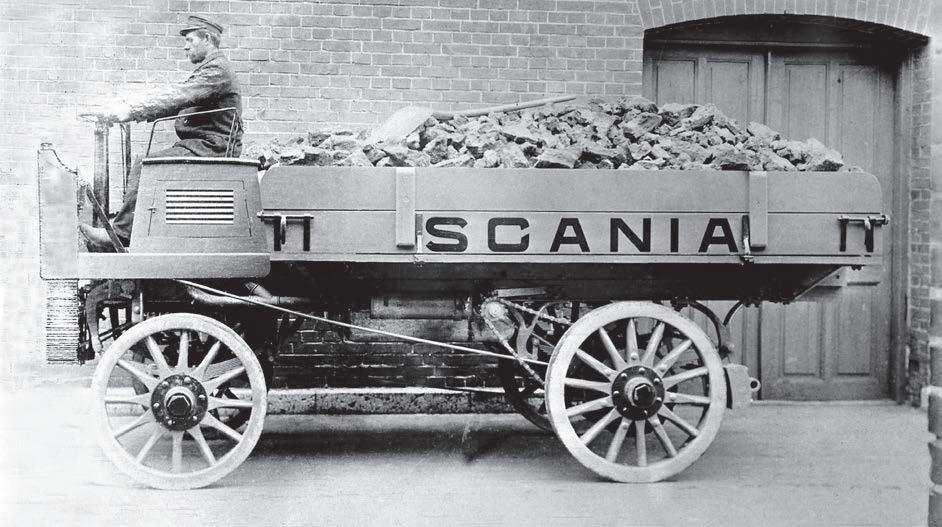
2 minute read
From the Editor
from Prime Mover May 2020
by Prime Group
William Craske Editor
Relative Values
If we’re to pretend, for a moment, that anyone in the political and punditry classes, is uniquely suited to the historic moment we currently find ourselves in, it might also be worthwhile asking ourselves, as an entire populace voluntarily enters house arrest, how it is that they came to understand the proper value of things. Was enforced social distancing on a scale never seen before required not so much to obviate hospitals and healthcare professionals from being overwhelmed but rather to conceal the calamitous dearth of medical supplies and equipment at hand, having been outsourced and sold-off overseas with many of our other essential stockpiles and natural resources? Or was it also to forestall the collective epiphany that the entire hospital system, regardless of which sector it operates, skews dangerously close to eleventh hour profiteering more than lucid efficiencies? Such sacrifices beg questions. Future generations will want to know. The word essential derives from the Latin essentia, supposedly coined by Cicero – the essence of who we are. In these times of global pandemic, where whole economies and industries have come grinding to a halt as a preventative measure to combat what has been forecast by fallible academic modelling as a coming apocalypse, the value of an essential service and those that provide it, has never been more obvious nor of greater importance to the rest of us. In our high tech, digitally connected, smart cities, we are learning the real importance of an electrician compared to a hedge fund manager; and an intensive care unit nurse as opposed to a university diversity coordinator. Even if the places on the pecking order, for the moment, are not yet universally recognised. Ask Mike Bloomberg, who just dropped $600 million to buy one caucus for just five delegates in the primaries of the Democratic National Committee, the worth of political consultants. The expedience of a culture that set on high the role of social media influencers, guidance counsellors and brand strategists has been temporarily put on hold. There are also thousands of high paid Australians whose absence has not gone missed. Truck drivers are not one of them. In this time of grievous separation, the road transport industry has been connecting communities, tirelessly, around the clock. “Sickness itself can be a stimulant to life,” Nietzsche once declared, “only one has to be healthy enough for this stimulant. We seek life raised to a higher power, life lived in danger.” Putting aside the fact he spent most of his adult life with a syphilitic mind while in residence with his mother, the German philosopher might well have been conjuring the just-in time global supply chain foistered upon us today. It’s not just pathogens that have brought the world economy to a standstill. The patterns of unfettered short-term growth, it would seem, have also played no small part. Even so, as those responsible for the pandemic response models huddle in the comfort of their homes, the fight continues. If health professionals are, in the battle of a global epidemic, akin to the frontline, road freight companies are its cavalry.











